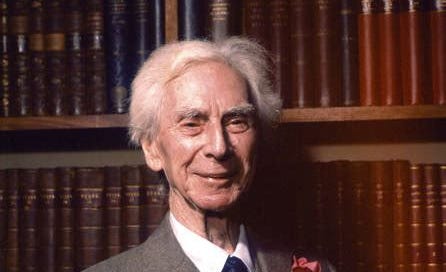https://thegentlelaw.wordpress.com
In his provocative essay The Praise of Idleness, Bertrand Russell dismantles the Western glorification of relentless work. He argues that an excessive focus on labor leads to diminished creativity, unnecessary suffering, and a society incapable of savoring life's finer moments. At its heart, Russell's vision is one of balance, where leisure is not a luxury but a vital component of human flourishing.
This perspective resonates deeply with Buddhist teachings, which often critique the ceaseless striving rooted in tanha (craving). Buddhism and Russell seem to converge on a simple yet profound idea: meaningful leisure is not only restorative but also essential for cultivating wisdom and compassion.
The Cultivation of Idleness
For Russell, idleness is not the absence of activity but the presence of purposeful leisure—time spent in pursuits that enrich the mind and heart. This concept aligns with the Buddhist emphasis on mindfulness (sati) and reflection. In mo…
Keep reading with a 7-day free trial
Subscribe to The Gentle Law to keep reading this post and get 7 days of free access to the full post archives.





